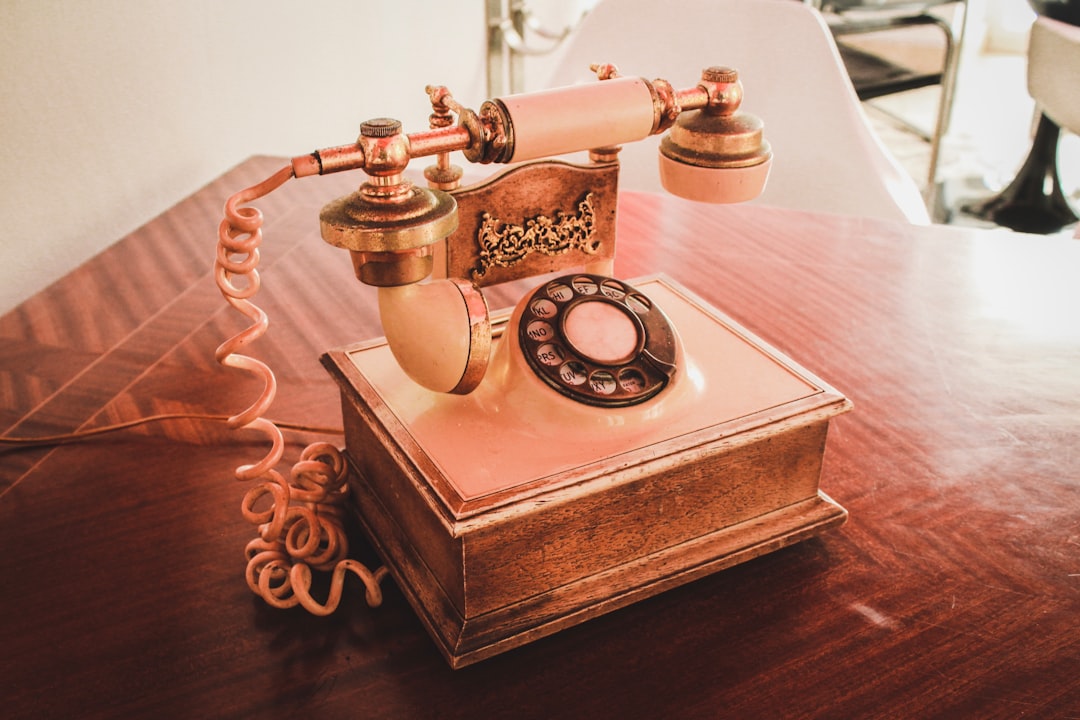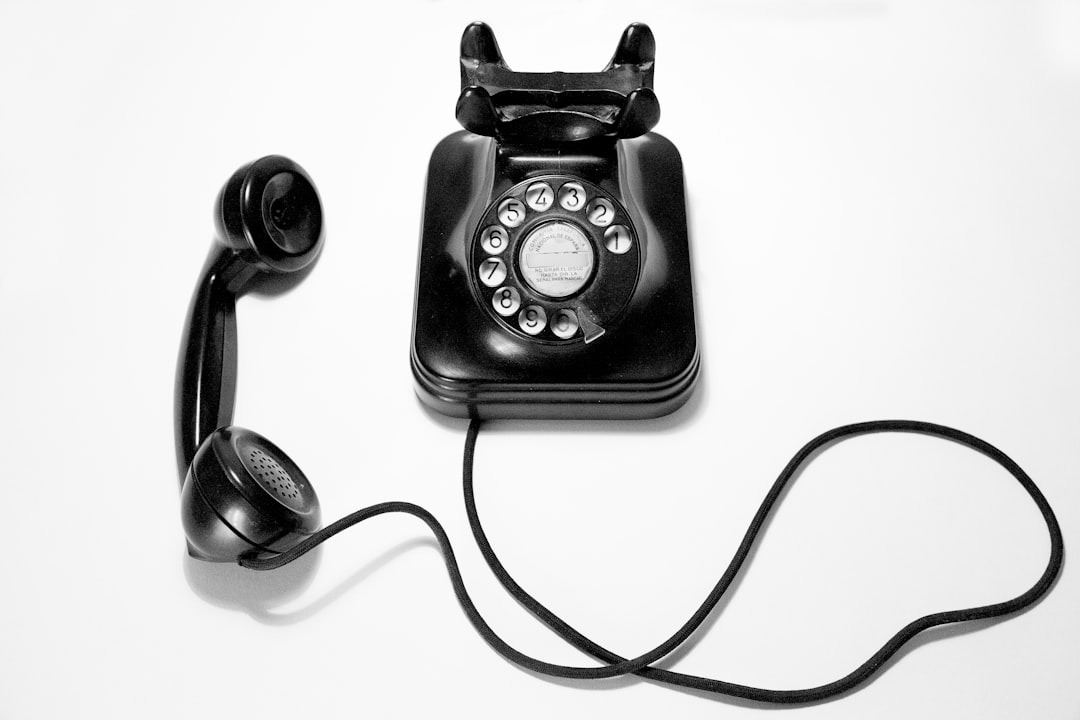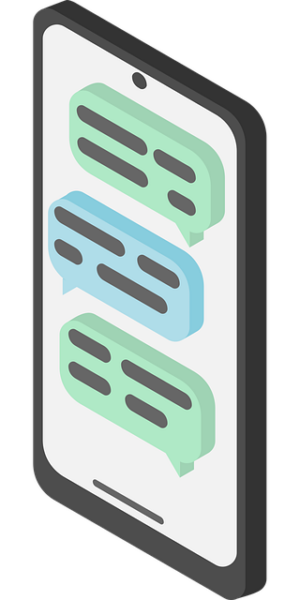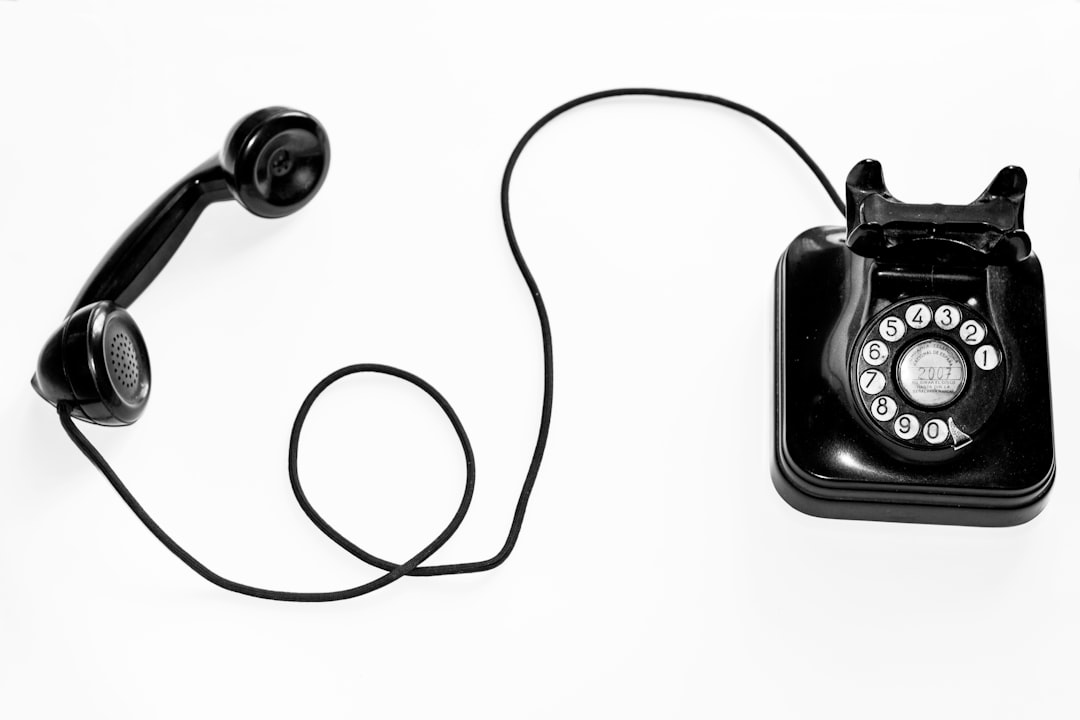In Illinois, autodialers—devices or software that automatically dial numbers to deliver prerecorded messages—are subject to strict legal guidelines. An autodialer lawyer in Illinois helps businesses and individuals navigate these regulations, ensuring compliance and protecting them from penalties. Key rules include obtaining prior consent, providing clear opt-out options, and displaying unblocked caller ID numbers. Violations can lead to substantial fines, making consulting an autodialer attorney or law firm crucial for those using such technology to avoid legal issues.
“In the realm of Illinois law, understanding what constitutes an autodialer is crucial for residents and business owners alike. This article serves as a comprehensive guide to navigating the complexities surrounding these automated communication tools. We delve into ‘Understanding Autodialers’ by defining them within the context of Illinois legislation. The subsequent sections explore the ‘Legal Framework’ and provide a detailed ‘Case Study’ based on insights from Bolingbrook. Additionally, we offer practical advice for ‘Navigating Auto Dialer Laws’ to ensure compliance and mitigate potential legal consequences, with insights from leading autodialer lawyers and attorneys in Illinois.”
Understanding Autodialers: A Definition in the Context of Illinois Law

In the context of Illinois Law, an autodialer refers to a device or software that automatically dials telephone numbers for the purpose of delivering prerecorded messages. This technology is widely used in telemarketing, political campaigns, and other forms of communication, but its application must adhere to strict legal guidelines. Understanding what constitutes an autodialer under Illinois law is crucial for businesses and individuals alike, as violations can result in significant penalties.
An autodialer lawyer in Illinois specializes in navigating these complex regulations to ensure compliance and protect clients from legal repercussions. These attorneys assist with understanding when a system counts as an autodialer, the legal restrictions on automated calls, and the requirements for obtaining proper consent. With their expertise, they guide clients through the intricacies of the law, helping them utilize autodialing technology ethically and effectively while avoiding potential pitfalls.
The Legal Framework: Key Provisions and Regulations Regarding Autodialers in Illinois

In Illinois, the legal framework governing autodialers is defined by a series of key provisions and regulations. The state’s laws aim to balance the benefits of automated communication with protections for individuals against unwanted or harassing calls. An autodialer is generally understood to be any device that uses an automatic dialing system to make telephone calls, typically for marketing or advertising purposes. According to Illinois law, such devices must comply with specific guidelines regarding consent and opt-out mechanisms.
Key regulations require autodialers to obtain prior express written consent from recipients before initiating automated calls. This includes obtaining clear and unmistakable permission, ensuring the caller ID displays a number that is not blocked or obscured, and providing a mechanism for individuals to opt out of future calls. Enforcement of these rules is left to the Attorney General’s Office, which has the power to investigate complaints and take legal action against violators. Individuals who feel their rights have been infringed upon can seek redress through an autodialer lawyer in Illinois, consulting with attorneys specializing in telecommunications law to navigate the complexities of the regulations and secure appropriate remedies.
Case Study: Bolingbrook's Insights into Autodialer Usage and Legal Consequences

In Bolingbrook, a case brought to light the complexities surrounding autodialers and their legal implications in Illinois. The city’s unique insights offer a valuable perspective for those seeking guidance on autodialer usage and potential consequences. This specific legal battle involved a company allegedly employing an autodialer system without proper authorization, leading to a series of investigations and subsequent legal actions.
The case revealed that the use of autodialers in Illinois is strictly regulated, with clear guidelines defining their acceptable applications. An autodialer lawyer in Illinois would advise that these devices, capable of automatically making or receiving a large number of calls, must adhere to specific rules to avoid legal repercussions. The Bolingbrook incident highlights the importance of understanding these regulations, emphasizing the potential risks associated with unauthorized use. This study case serves as a reminder for businesses and individuals considering autodialer services to consult with an autodialer attorney in Illinois to ensure compliance and mitigate possible legal challenges.
Navigating Auto Dialer Laws: What You Need to Know as a Resident or Business Owner in Illinois

Navigating Auto Dialer Laws: What You Need to Know as a Resident or Business Owner in Illinois
In the digital age, understanding autodialer laws is crucial for residents and business owners alike in Illinois. An autodialer, or automated dialing system, is a technology that allows businesses to automatically dial phone numbers en masse, often for marketing purposes. However, such practices are heavily regulated to protect consumers from unwanted calls and ensure fair business practices. If you’re involved with or affected by an autodialer, consulting with an autodialer lawyer Illinois is a wise step.
Autodialer attorneys Illinois specialize in interpreting complex laws related to these systems. They can help clarify when an autodialer is legal versus illegal, depending on factors like consent, do-not-call registrations, and the type of calls being made. A reputable autodialer law firm Illinois can provide insights tailored to your situation, whether you’re a business seeking to comply or an individual dealing with harassing calls. These professionals ensure that businesses adhere to regulations, protecting both companies from legal repercussions and consumers from intrusive marketing tactics.






